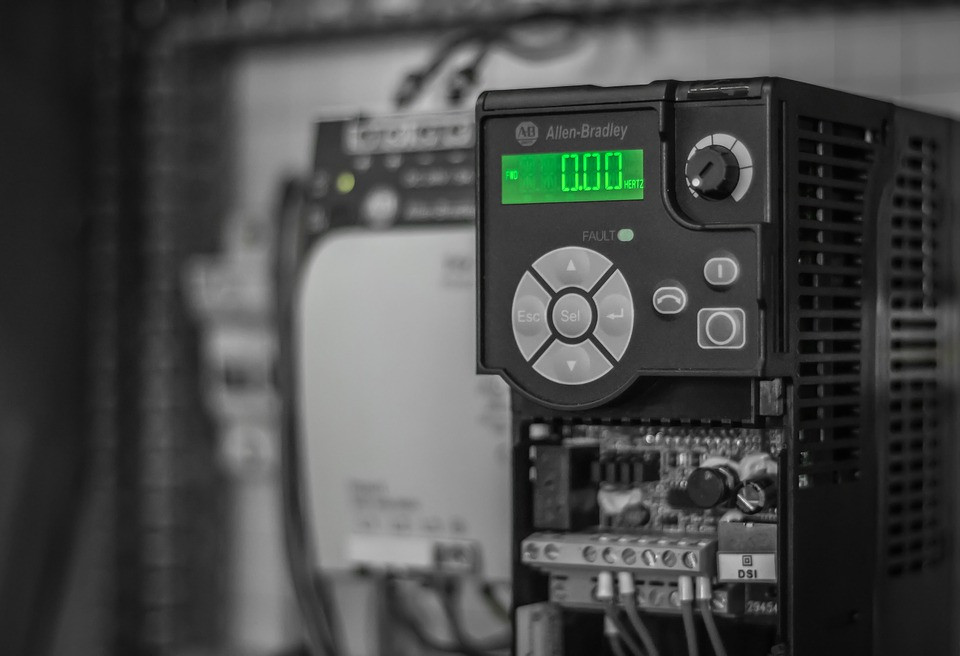Understanding The Advantages Of Rugged Computers
Computers have permeated every part of our lives. What used to be massive, heavy machines are now devices that fit in our pocket. That being said, not all computers are made equal.
There are industries and environments where regular portable computers, such as tablets and smartphones, simply aren’t viable. Such environments require something a bit more durable — something like rugged computers.

Rugged computers represent the answer to many industries’ strict requirements. Fieldwork and operations in non-permissive environments will often render commercial-grade computers completely useless.
Such environments require a different approach to designing computers. Rugged computers are purpose-built machines that sometimes use commercial-grade hardware, but are capable of meeting the strict reliability and durability standards.
Such systems are used in heavy industrial applications, military applications, and any other environment where there are plenty of factors that can damage commercial-grade computers. Coincidentally, such environments are also places where computer downtime can be a serious issue.
What Makes Rugged Computers Better?
The basic explanation of how rugged computers came to be is good enough to understand the need for such devices, but how are rugged computers better than anything else on the market?
Customized to Answer the Challenge
Rugged computers are a category that includes much more than just rugged tablets. Portable workstations that are designed for use in the field can also be labeled as rugged. That being said, designing a rugged portable workstation brings unique challenges.
Depending on the company that makes the computer, clients can opt-out for streamlined solutions or fully custom-builds. Engineers from CP-Technologies offer good examples of such systems on their website and show just what sort of customization is possible in this niche. This ability to make the hardware meet your needs is a defining quality of rugged computers.
Built to Last
Durability is another important aspect of rugged computers. Devices that carry the rugged label have to be durable and remain operational even when exposed to various adverse conditions. To achieve this, manufacturers that design such systems often go above and beyond to ensure higher levels of structural integrity.
You’ll often see the use of aircraft-grade aluminum in combination with other heavy-duty hardware. Together, these form a durable chassis system that is capable of withstanding serious damage without compromising the sensitive electronics inside.
Improved Reliability

Durability and protection from outside environmental factors are just one part of the equation. Rugged computers also need to be reliable. Hardware and software reliability is a major reason why many industries have adopted the use of rugged computers.
Building something to withstand 20 ft drops or to be waterproof won’t matter much if the internals gives up after a brief time of use. By making sure that the device is capable of offering unhindered operation for long periods without experiencing downtime, manufacturers of such computers are giving their clients a tool that is both functional and financially feasible.
This remains true even though rugged computers often have a higher entry price. The sole fact that you won’t have to replace or repair them nearly as often as you would a commercial-grade computer will bring you savings in the long run.
Streamlined Design
Commercial-grade computers are built for the average user. That means that engineers who designed these computers had to use hardware and software solutions that meet such needs. Depending on the industry you’re in, such devices can prove to be grossly inadequate.
If you’re military, you’ll find that most commercial software isn’t meeting the security standards. Similarly, if you're working in a competitive industry, you’ll appreciate an app environment that is free of commercial bloatware.
Rugged computers are known for their streamlined design. This applies to both hardware and software that are installed in such devices.
Compatibility with Legacy Systems
Compatibility with legacy systems is often one of the main requirements clients have when they order rugged computers. Likewise, manufacturers of such systems can ensure that all future products designed for a specific client follow these compatibility requirements.
Rugged Computers Are an Essential Tool
So many modern industries wouldn’t be able to operate without rugged computers. Any fieldwork where computers are necessary will require such devices. Designing rugged computers and tablets is all about answering emerging challenges and addressing new trends in each industry.
The same applies to rugged computers designed for use in military applications. Comparing commercial-grade computers with rugged ones shows just how specialized and optimized the latter are. Additionally, such comparisons highlight how important custom computer systems are these days.